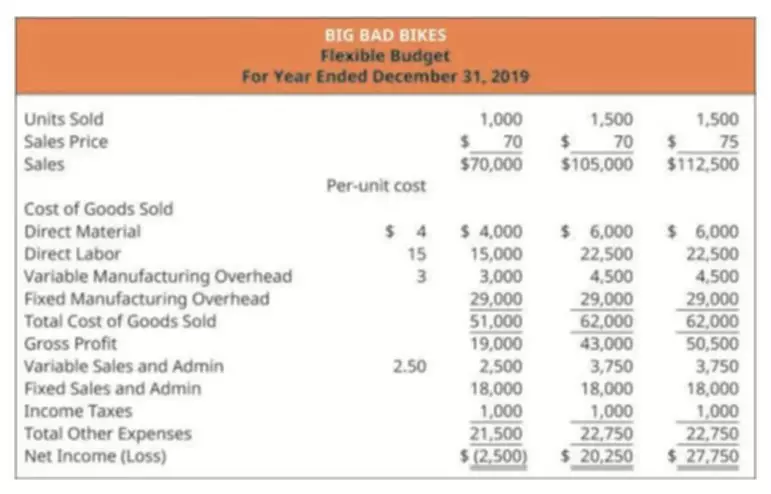Content

Contact us now so we can accommodate your specific business needs. For audits conducted by in-person interview – If your audit is being conducted in person, contact the auditor assigned to your audit to request an extension.

The IRS and FTB field agents often conduct a more comprehensive examination than an “office / campus auditor” because of their higher level of training. Correspondence audits are the most common type conducted by the IRS. These represent nearly 75% of the service’s tax investigations, and so far they are the only type of crypto audit initiated by the IRS based on current information. Mail requests generally ask for additional evidence to prove certain amounts reported on your tax return. Many taxpayers disagree with the IRS audit findings, so filing for an appeal is the best solution. Fast-tracking settlements and filing an appeal notice within 30 days of receiving the audit letter or statutory notice of deficiency are ways to dispute the IRS tax bill. “The former President’s individual income tax returns filed in 2018, 2019, and 2020 were not selected for examination until after he left office and only the 2016 tax return was subject to a mandatory examination,” the report said.
David W. Klasing is one of the best Tax Attorney and CPAs in .
With a field audit, the auditor visits your home or business to review paperwork or other evidence that will verify the accuracy of your tax return. It may be possible for the auditor to visit the office of your representative—such as an attorney, CPA or enrolled agent—instead.
What happens if you are audited and found guilty?
If you are audited and found guilty of tax evasion or tax avoidance, you may face a fine of up to $100,000 and be guilty of a felony as provided under Section 7201 of the tax code. A simple mistake in a tax return won't be considered tax evasion.
The IRS is particularly interested in taxpayers who have assets and cash stashed in other countries, particularly in nations with more favorable tax laws than those in the U.S. The IRS has ramped up its rules for overseas assets as well as its scrutiny of such tax returns.
Hire a Tax Attorney
Any of your tax returns within that three-year window could be selected for an audit. Should the IRS find a significant error that has been repeated on multiple returns, it could go back as far as six years’ worth of returns. Following the close of the audit, you are likely to receive a number of documents from the IRS. You will receive a 30-day letter setting forth your right to appeal along with the audit determination and other accompanying documents. The 30-day letter is named as such because it sets forth the taxpayer’s right to accept the changes or to appeal the audit determination within 30 days. If the taxpayer fails to respond to this letter, a 90-day Notice of Deficiency will be sent. If you cheated on your original return and are now being audited, then your original preparer is likely to become a witness for the government in the case where you had provided them with altered tax or accounting figures.
The IRS conducts tax audits to minimize the “tax gap,” or the difference between what the IRS is owed and what the IRS actually receives. Sometimes an IRS audit is random, but the IRS often selects taxpayers based on suspicious activity. An IRS audit is an irs audit examination or review of your information and accounts to ensure you’re reporting things correctly and following the tax laws. In other words, the IRS is simply double-checking your numbers to make sure you don’t have any discrepancies in your return.
Top 4 Red Flags That Trigger an IRS Audit
Coinbase’s subpoena was followed by more than 10,000 taxpayers receiving tax notices (Letter 6173, Letter 6174 & 6174-A). The IRS is actively engaged in addressing non-compliance related to cryptocurrency transactions. In 2019, the IRS sent out more than 10,000 tax notices to potentially non-compliant taxpayers. In mid-2020, it sent out another batch of tax notices to suspicious taxpayers. No letters were sent out in 2021, though that omission likely had more to do with the IRS transitioning to remote work and addressing stimulus-related issues rather than a lack of focus. Keep tax records for three years after the later of the due date or filing date of your return.

